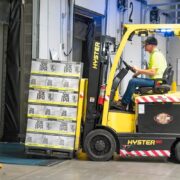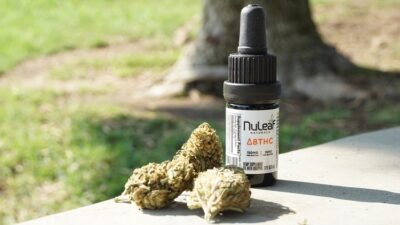A beverage company needs insurance for many reasons related to liability, productivity, and safety. Consider the fact that people can have hundreds of serious types of accidents when they consume a beverage. The risk isn’t limited to either beverages mixed at home or ones purchased and consumed outside the house.
Beverage companies may use different types of insurance related to the drinks they make and their major ingredients. Serious considerations for liability include alcohol, caffeine, sugar, sugar substitutes, preservatives, water contamination, and chemicals often found in energy drinks.
Table of Contents
1- Insurance Protects Companies From Spoilage Lawsuits
Almost all beverages have expiration dates that may pose difficulties during distribution and sale periods. The expiration date applies to bottles of ready-to-drink beverages as well as powders or mixes a consumer might prepare for themselves. These dates can be difficult to read and can be a major source for lawsuits involving distributors.
Distributors and producers can encounter trouble when they sell a beverage close to the expiration date. The consumer might purchase the beverage and believe it will be drinkable for a longer period than it really is. They could get sick or have trouble if it tastes bad when they serve it to someone at their house. They might also have a beverage at a bar or from a cafe that does not display expiration dates.
2- Insurance Protects Employees and Companies During Manufacturing
It is easy to overlook the dangers that come with manufacturing all types of beverages. Employees can easily injure themselves on the heavy equipment plants and testing facilities use. The equipment has many moving parts and poses additional risk if it breaks.
Employees risk infection due to any undetected residue from ingredients that spoil inside the plant. They may also deal with fumes from equipment, hurt themselves when loading machines, or slip. Packaging poses many inherent risks that may even be fatal in the worst cases.
Companies purchase commercial insurance to protect workers from broken glass and the edges of plastic before and after the heating process. They assume the risk from the edges of boxes and the knives or other openers people use to break them down.
3- Insurance Helps With Liability and Regulation Difficulties
Everyone knows about lawsuits related to salmonella or E. coli that can come from anywhere. Beverage companies have many other liabilities and may have all kinds of surprise inspections from officials. For businesses looking to manage these risks effectively, management consulting services can provide tailored strategies to navigate regulatory challenges. These companies are liable in certain cases involving accidents on third-party property and have to cooperate in precautionary efforts.
The contamination liability and safety issues can directly relate to the beverage or involve airborne hazards during distribution. Beverage companies add risk with trucks, vending machines, and every contact point they use to make or deliver the product.
Insurance helps preserve working relationships whenever there is an accident and can prevent closure. The fines from liability or compliance lawsuits affect profits and may even single-handedly close companies. Quality insurance policies help individuals and companies feel more secure when they establish and expand business with beverage companies.













Comments